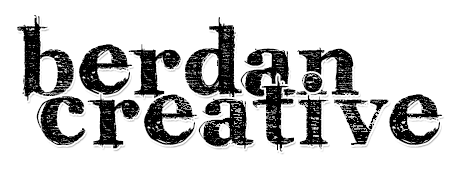It all began with The Extraordinary Adventures of Baron Munchausen
Somehow, I found the game during my wandering on the internet, and after purchasing a PDF copy of it, I wanted to write a companion app that would take the provided story hooks, randomly select one and provide it to players instead of them having to select something from the included story hook appendix. So, I made it. Then, I contacted James Wallis to get permission to publish it [I did get permission. Look for it later this year. --ed]. A few weeks into the project, however, Mr. Wallis offhandedly mentioned the Bundle of Holding website. My wallet has never been the same since.
I was one of those 'aspiring gamer-collectors', where one acquires games in order to read them and never actually plays them (I used to play regularly, but stopped after University as friends moved away). As a result, I amassed a large collection of cool indie RPGs, The collection started getting too big, and I didn't even have a regular gaming group, so I got more choosy. I started looking at reviews, then I found the wonderful world of Actual Play podcasts. What better way to evaluate a game then to listen to a group playing it. But my particular strange tastes didn't have too many podcasts that played them. At the time, the only podcast I could find that had a play session of Monsterhearts was the One Shot Podcast. After listening to it for months, it rekindled my love for role playing games (and even got me out to some improv classes) . Then the creators of the One Shot Podcast Network, James D'Amato and Kat Kuhl, started talking about a game they were going to launch on Kickstarter called Noisy Person Cards. It struck me that I could leverage what I built for Munchausen and make something that worked for NPC. A few hours later, I had it, and the way things go, the app became a stretch goal on the Kickstarter campaign [the goal didn't get met, but I still have the prototype kicking around].
Sometime after the NPC campaign, I decided that I wanted to actually play the games in my collection and to that end to try to get through my backlog, I spun up the InDices Podcast, recorded a few episodes and started a regular-ish Monster of the Week campaign. It went a bit on hiatus over the summer, due to vacations and other work issues, but I hope to get it going once again soon. But I digress...
Because of that earlier interaction, with NPC, James D'Amato and I got to talking idly about wanting a peer group in which analog game developers could just bounce ideas off of one another and help get past the barriers that have tripped them up as (usually) solo game devs. 10 minutes later, I had acquired gmparty.com, and had a prototype teaser site up within the week and a youtube channel waiting for content. A bit more scheduling work and I had lined up a couple of groups for the first two episodes to be recorded in early September, as soon as I got back from a family vacation. The show worked out beautifully, And that brings us to today, where I'm considering where GMParty will go, what will happen with my game prototypes, my companion apps, and all the relationships I'm building in this new aspect of my world.
I am EXTREMELY thankful for the luck that has brought me to this point, and especially for the people that have been there since the beginning and along the way (though it is very much the beginning still).
